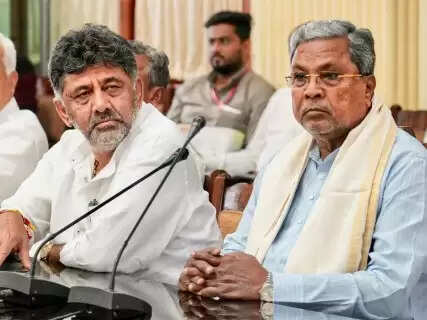
Imagine the government knocking on your door. They're not there for taxes or utilities; they're there to conduct a massive, state-wide survey, something like a social x-ray of the entire population. The goal is to map out the complex web of castes and communities to better understand who lives where and who needs what.This is exactly what happened in Karnataka. The government launched a monumental and expensive Socio-Economic and Caste Census, the first of its kind in decades. Enumerators went door-to-door, armed with questionnaires, ready to create the most detailed social map the state had ever seen.But then, something strange and unexpected happened. More than a million families—over 10 lakh households—simply refused to answer. They closed their doors, declined to participate, and left a huge, million-family-sized hole in the government's ambitious project.This isn't just a statistical hiccup; it's a powerful and silent protest that raises a deeply important question: in modern India, why would so many people refuse to be counted?The Big Mystery: Why Did They Say No?According to data revealed by the Karnataka State Commission for Backward Classes, which led the survey, this mass refusal wasn't limited to one area or one group. It happened across the board, from the bustling cities to the quietest villages. While there's no single reason, several powerful factors are likely at play.The Fear of a Label: For many, the idea of being officially boxed into a caste category feels like a step backward. They may feel that in a progressive society, caste identity should be a private matter, not a government statistic. They simply don't want to be reduced to a label.Privacy and Distrust: In our digital age, people are more protective of their personal information than ever before. Handing over sensitive data about your family, your community, and your social standing to the government can feel like a huge invasion of privacy. "What will they do with this data? Could it be used against me?" are questions that likely crossed many minds.A Political Power Play: This is perhaps the biggest factor. Powerful and dominant communities in the state, like the Lingayats and Vokkaligas, have been openly hostile to the census. There is a deep-seated fear among these groups that the final numbers could show their populations are smaller than they claim, which could weaken their immense political influence and their claim to reservation benefits. For them, refusing to participate is a way to sabotage the survey's legitimacy.A Controversial Report Gathering DustThe story gets even more complicated. This census, conducted under the leadership of H. Kantharaj, was a massive undertaking, costing the state a whopping Rs 163 crore. The final report was ready years ago, but it has become a political hot potato. No government, including the previous ones, dared to officially accept and release it because of the social and political firestorm it would undoubtedly ignite.The current Siddaramaiah-led government is now promising to finally make the report public. If they do, it could completely reshape the state's reservation policies, potentially shifting benefits away from dominant communities towards more marginalized groups.But the refusal of a million families to participate has given the report's opponents a powerful weapon. They can now argue that the data is incomplete and flawed, and therefore, it cannot be used as a basis for changing anything.In the end, this isn't just a story about a government survey. It's a story about a society grappling with its past, present, and future, and the deep, tangled roots of caste that still define so much of life in India. The silence of those million families speaks volumes.
Around the web

